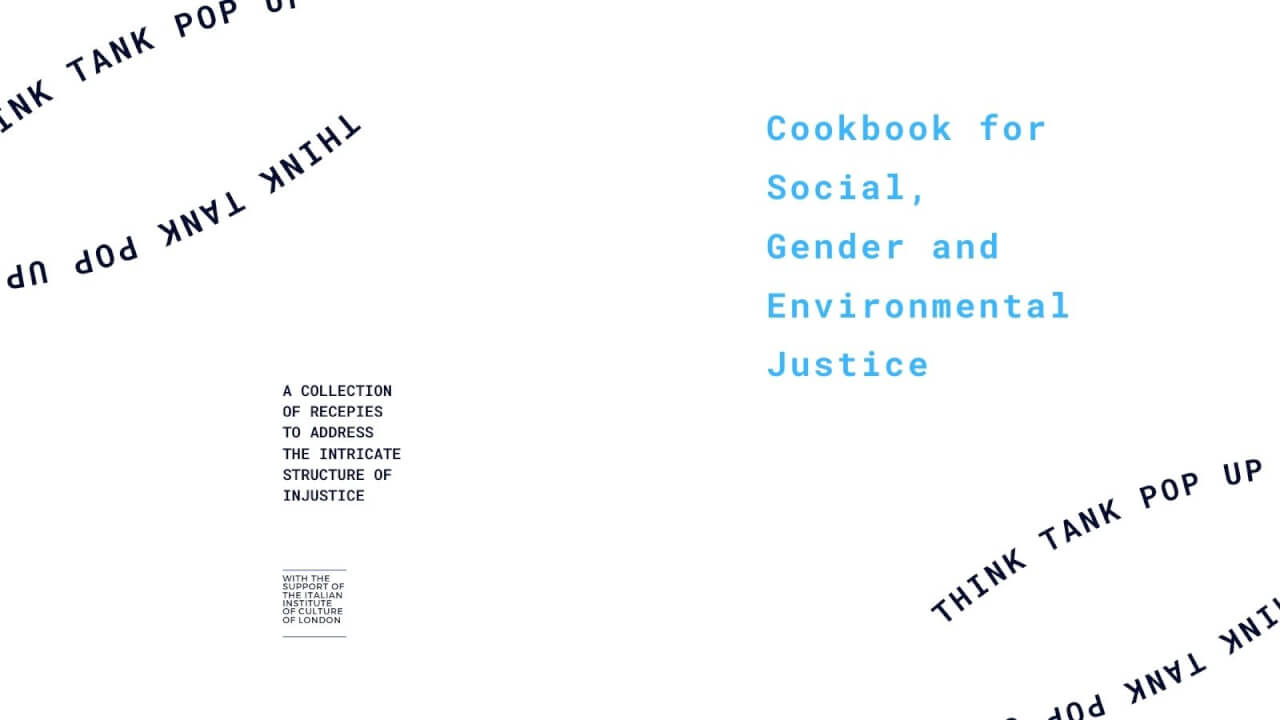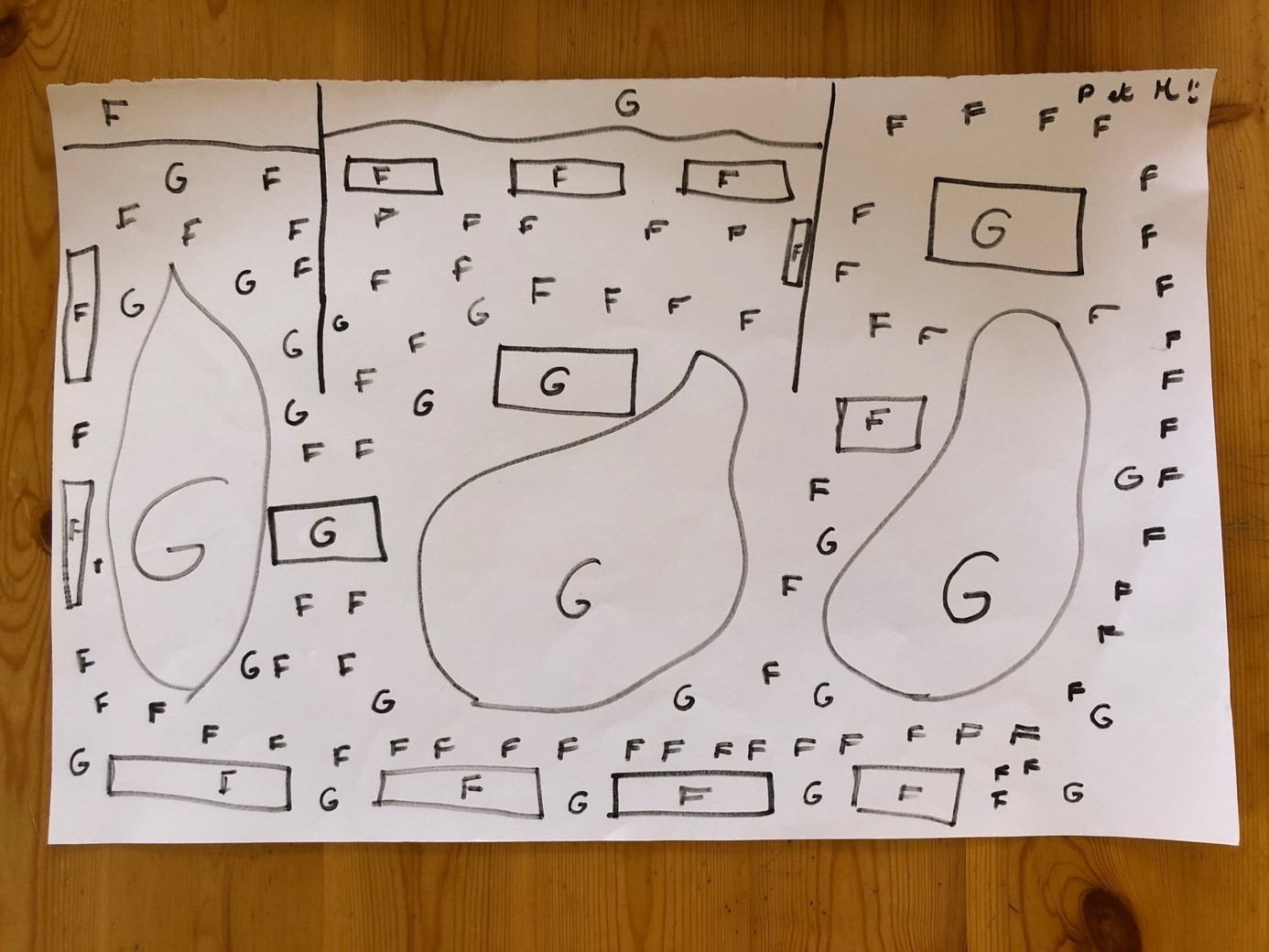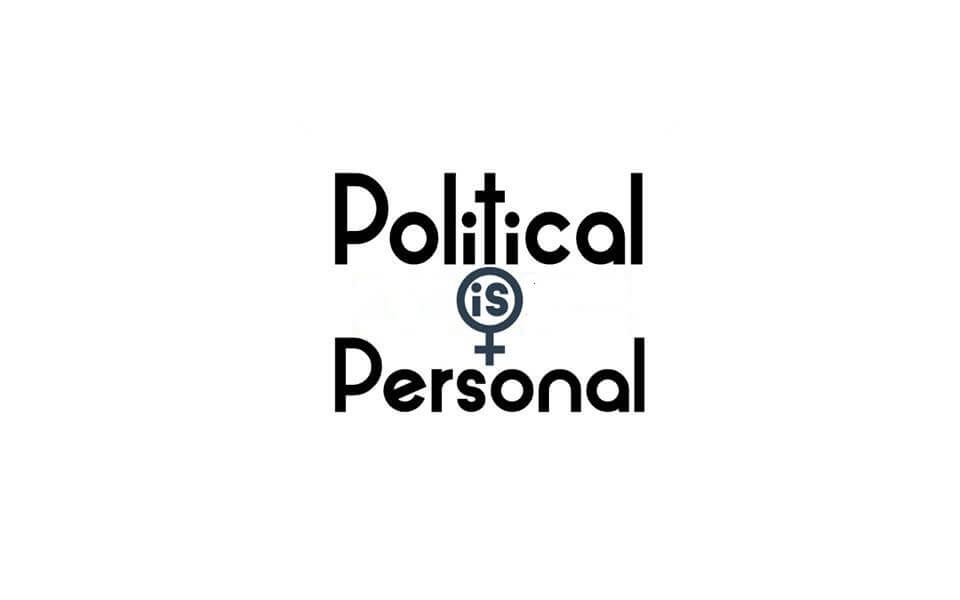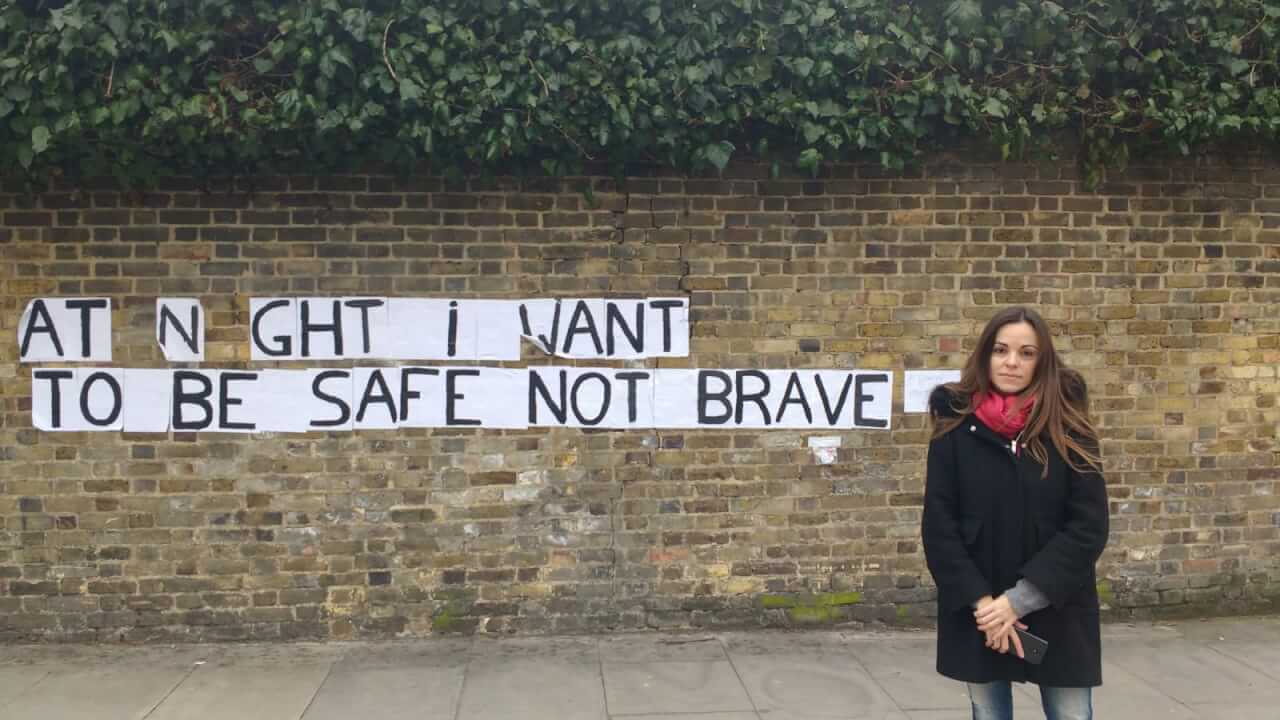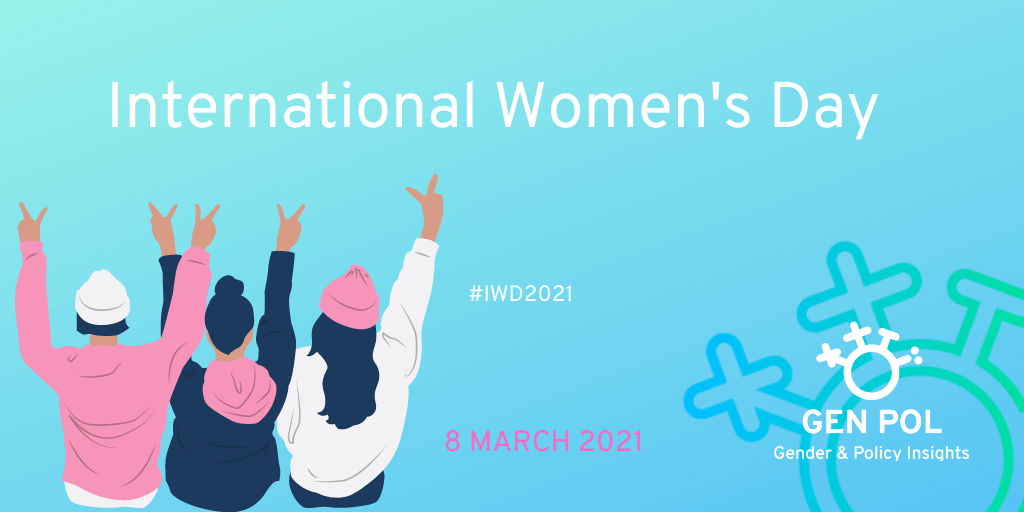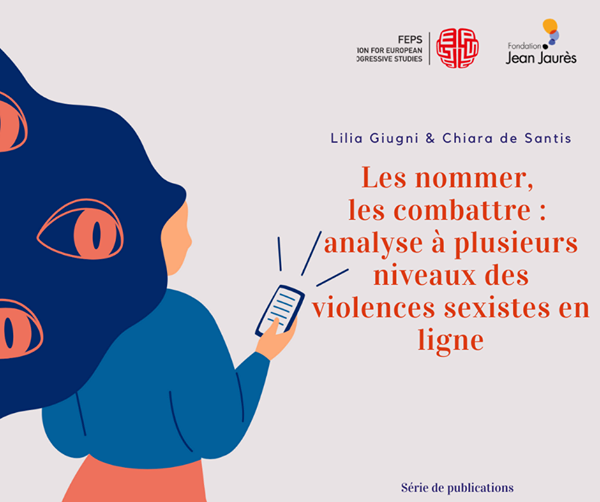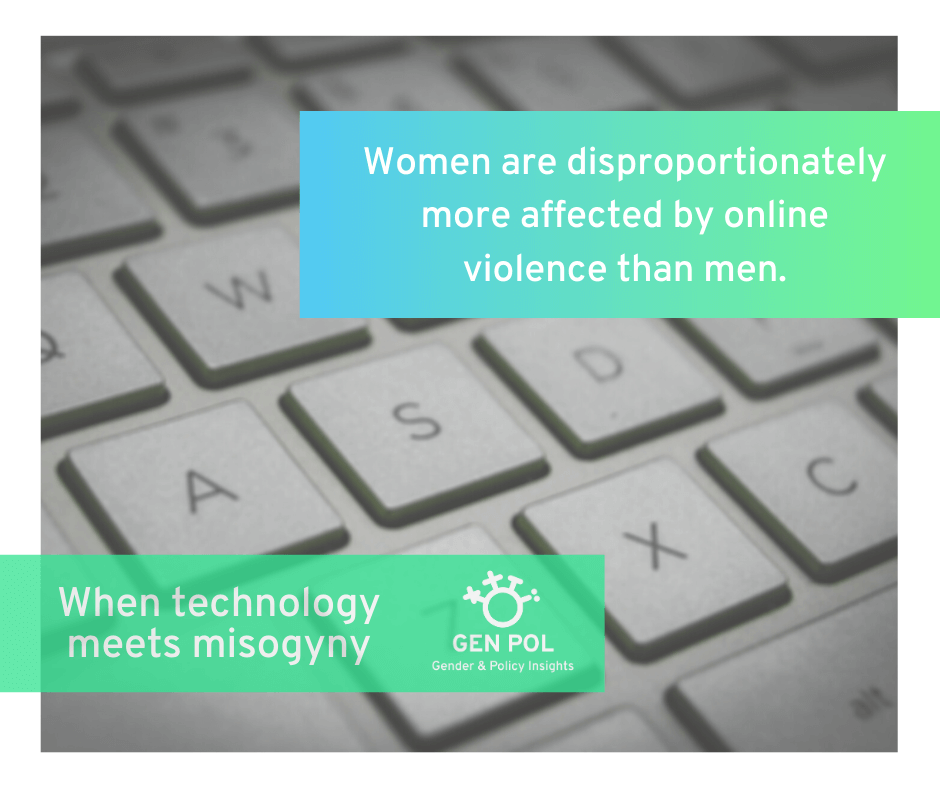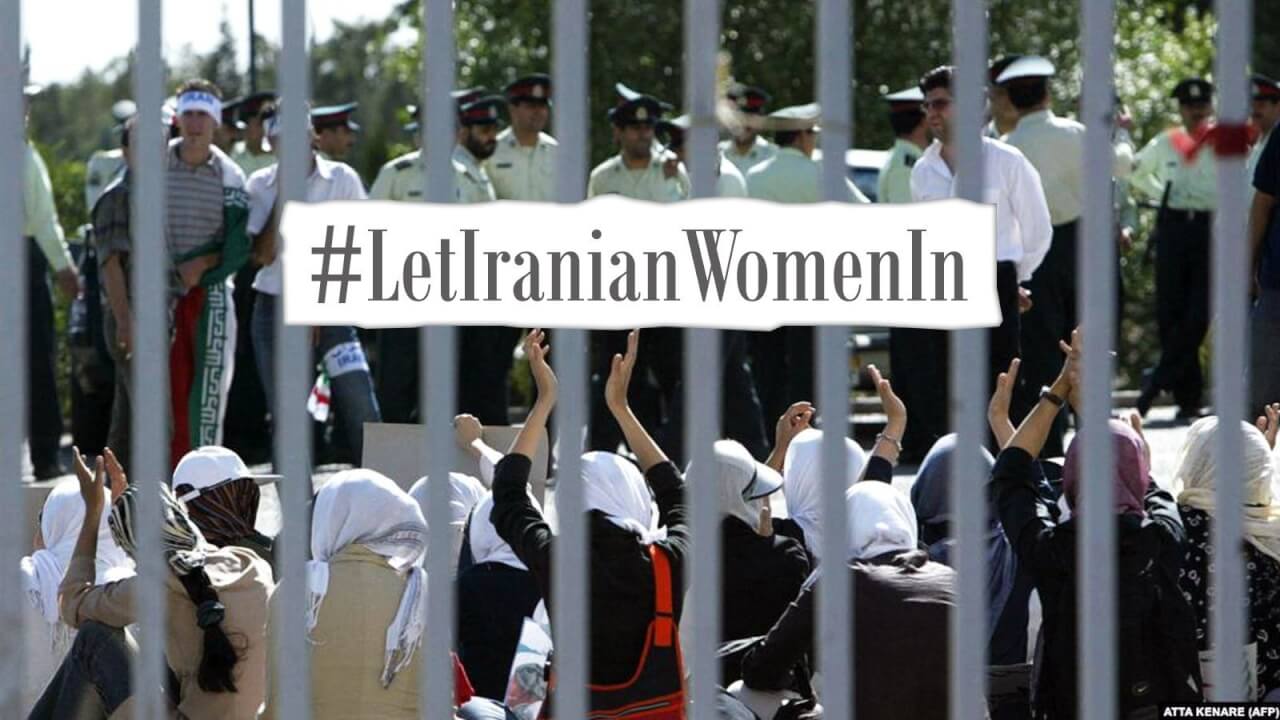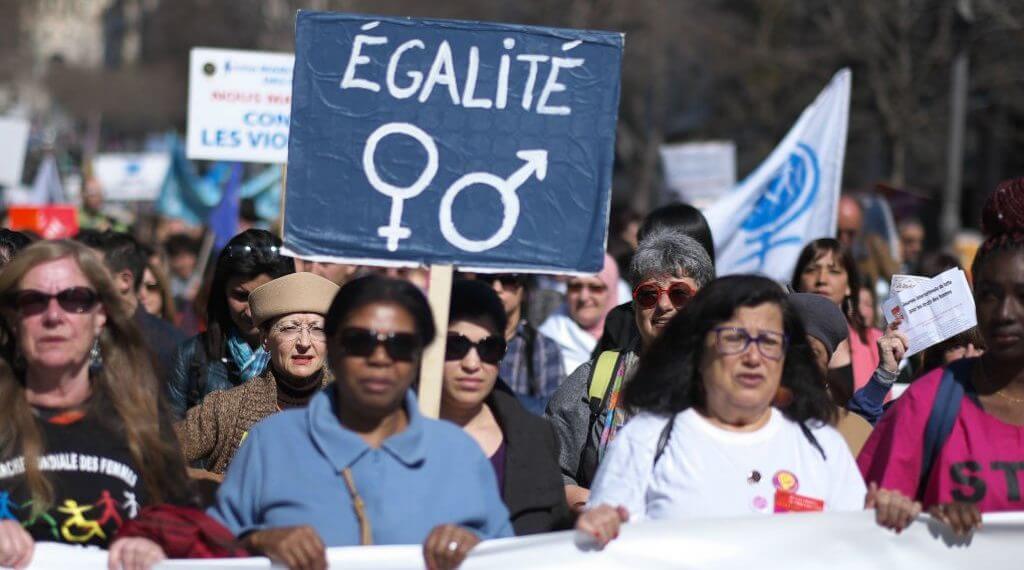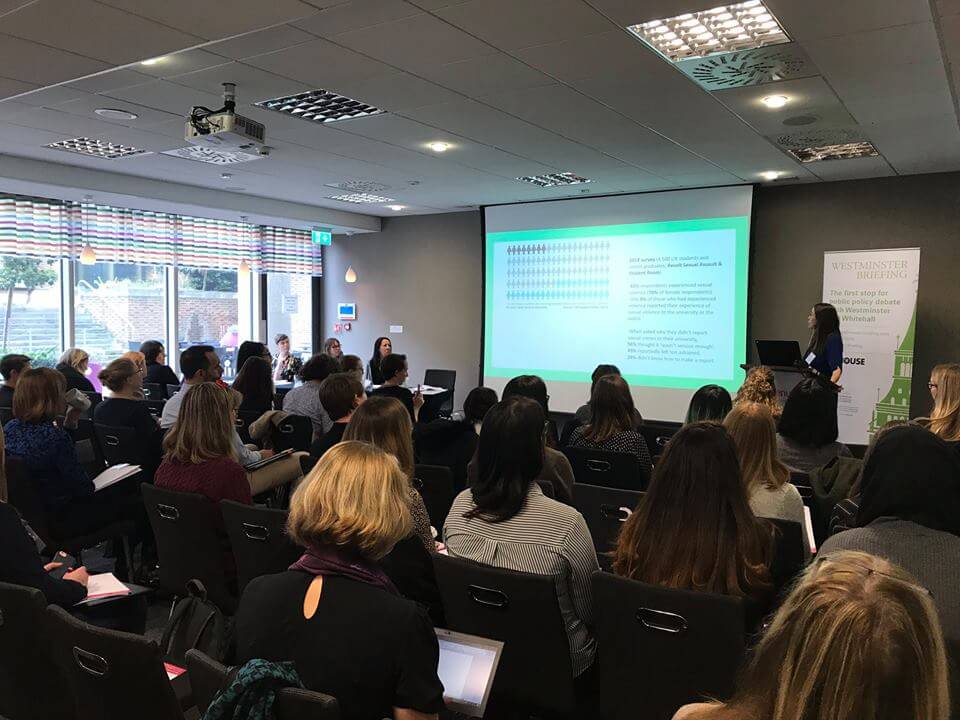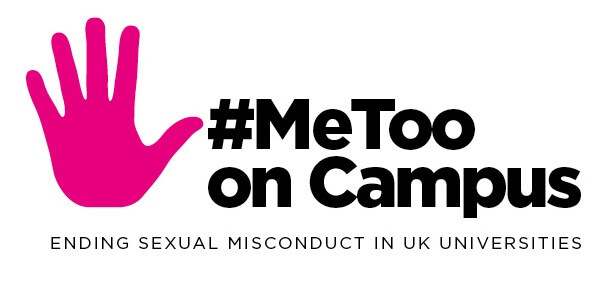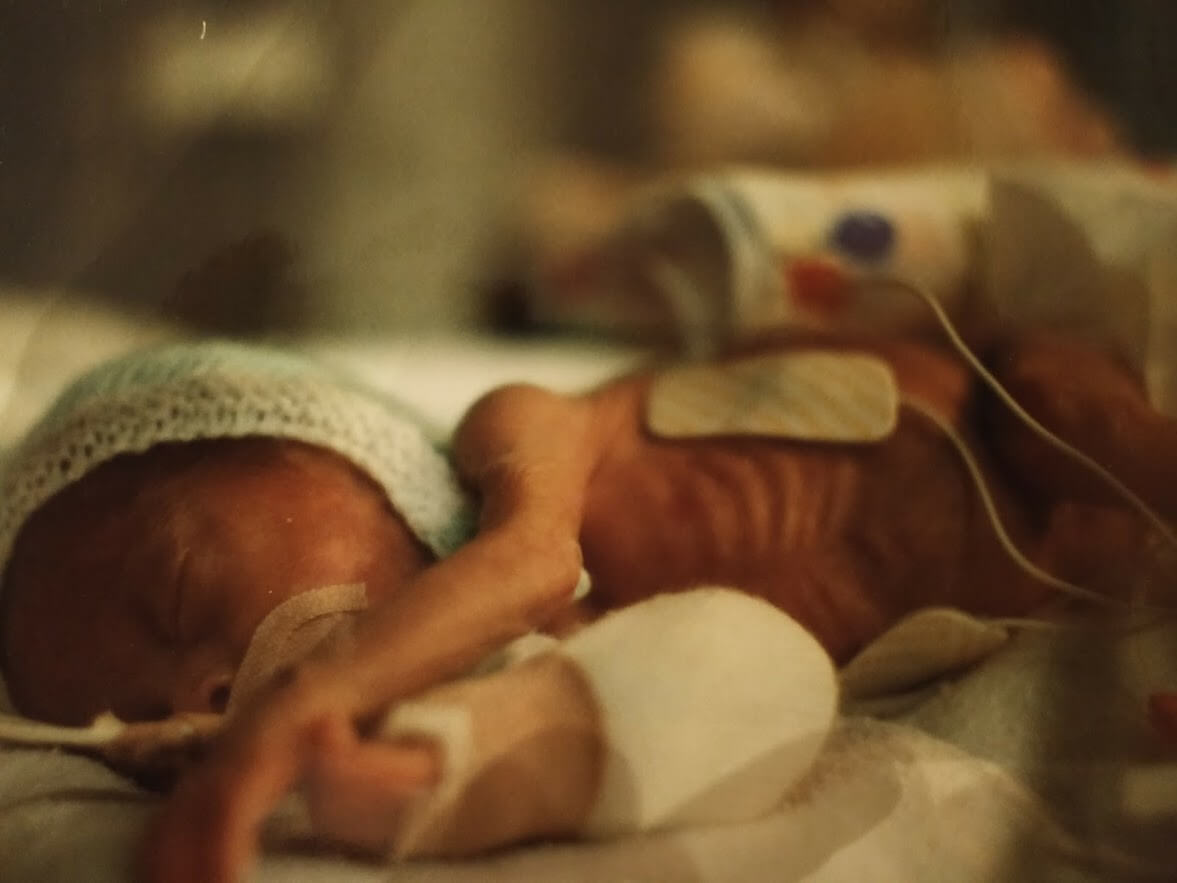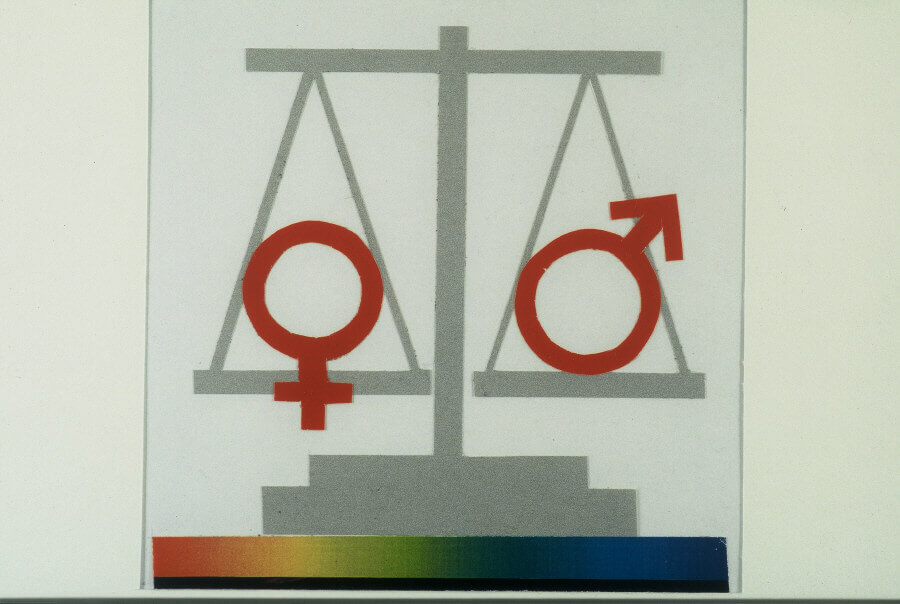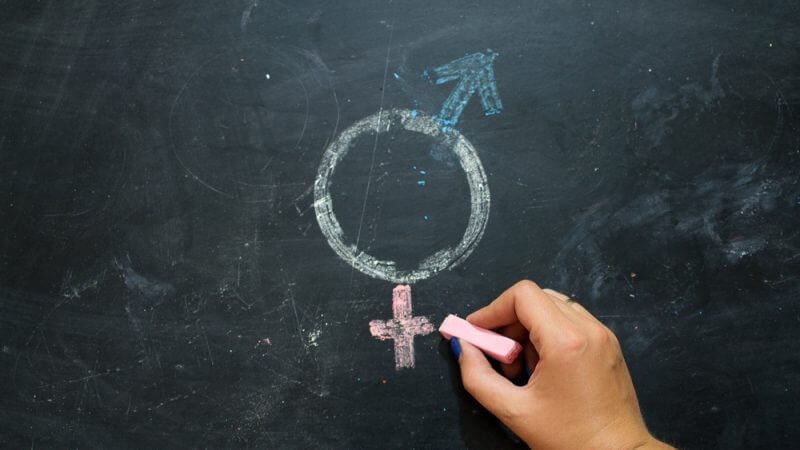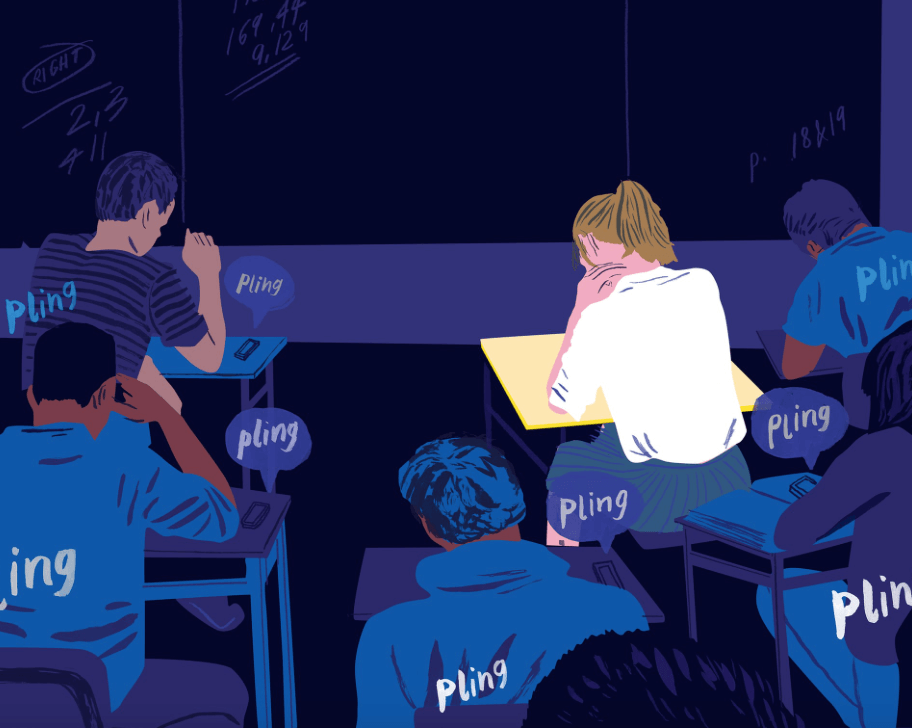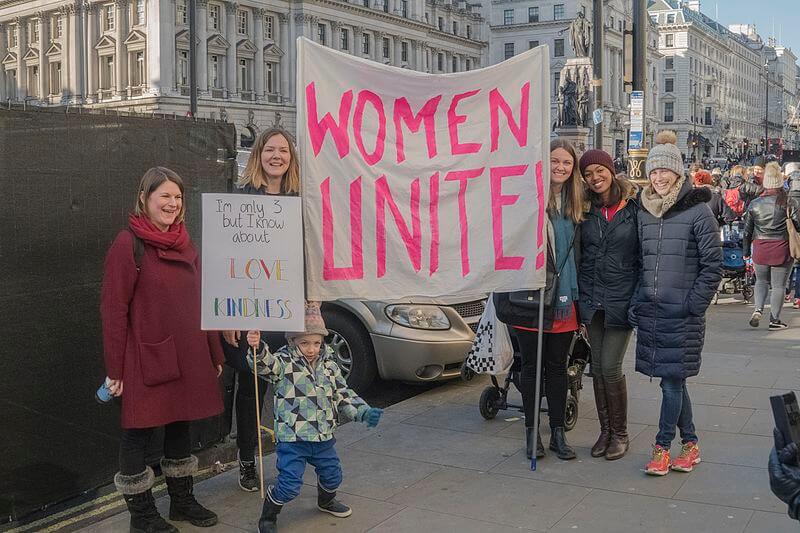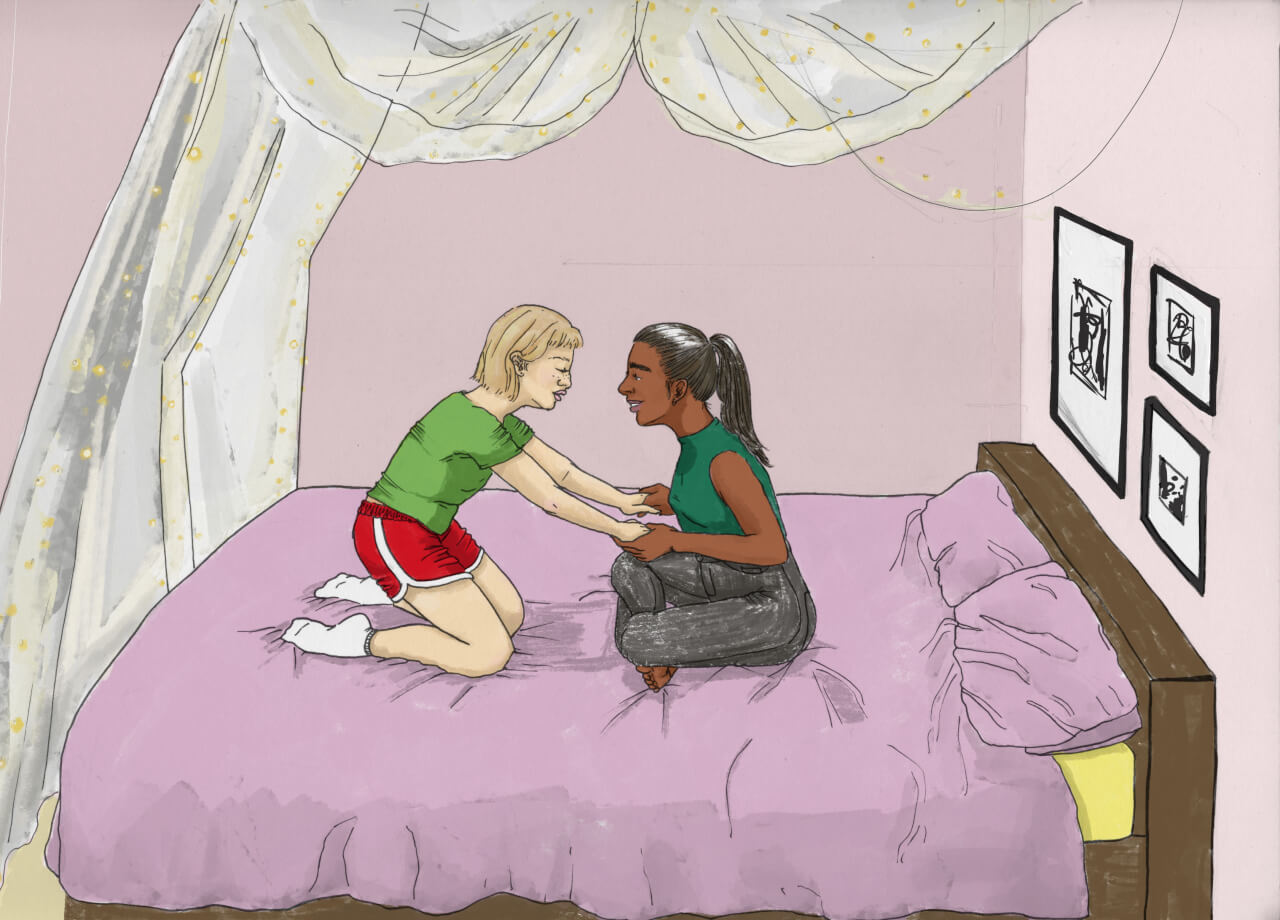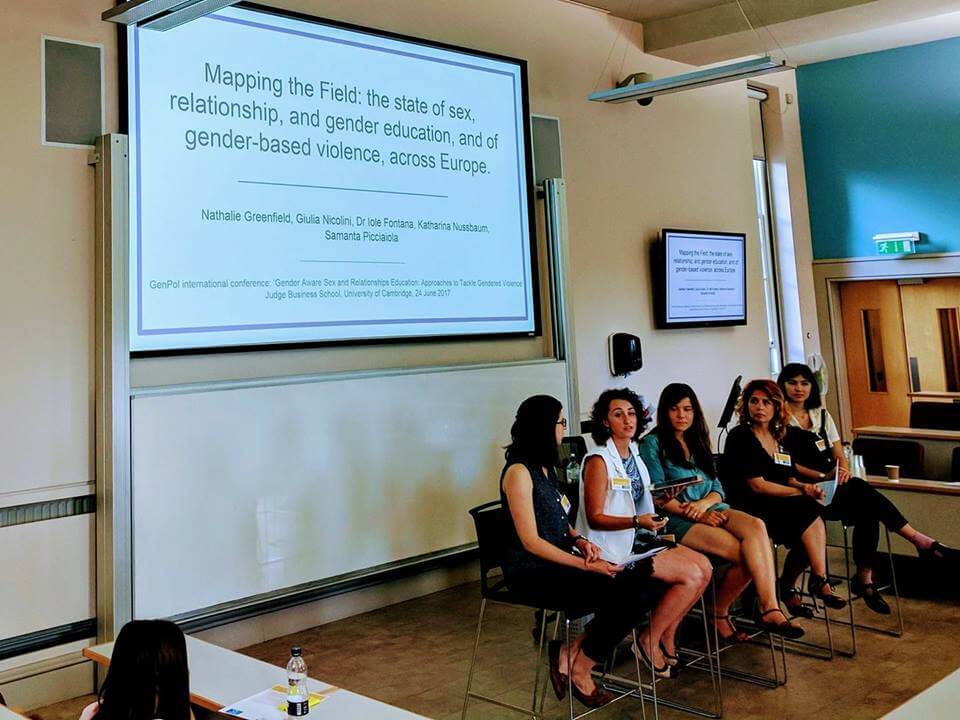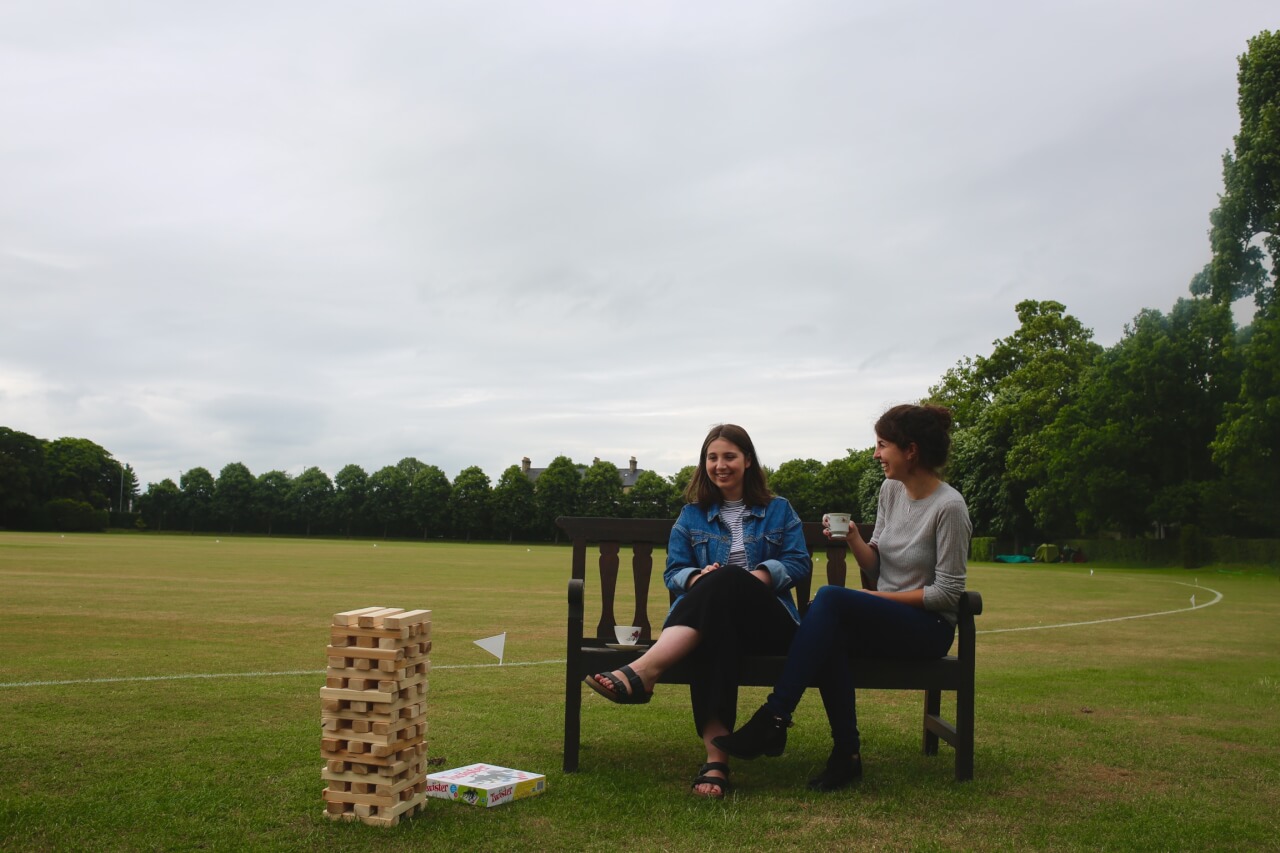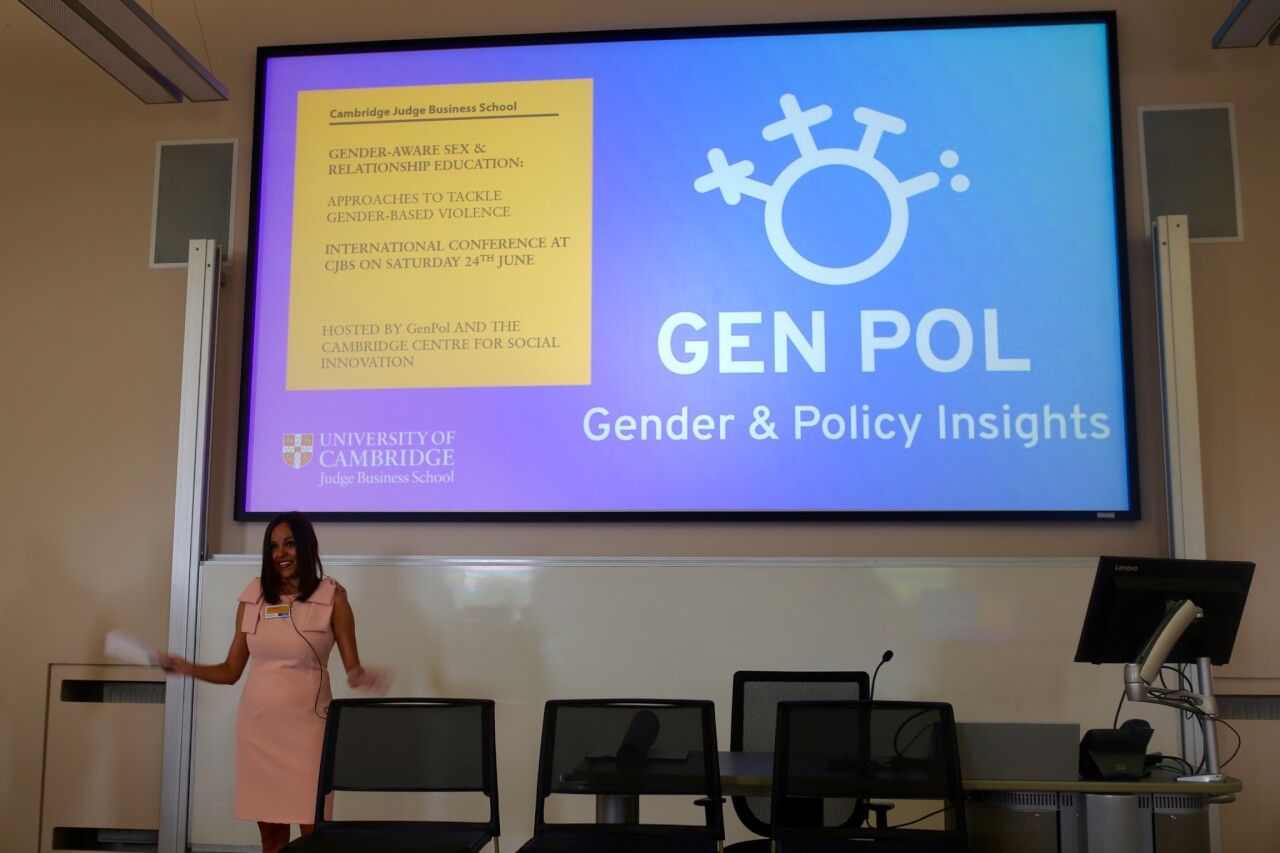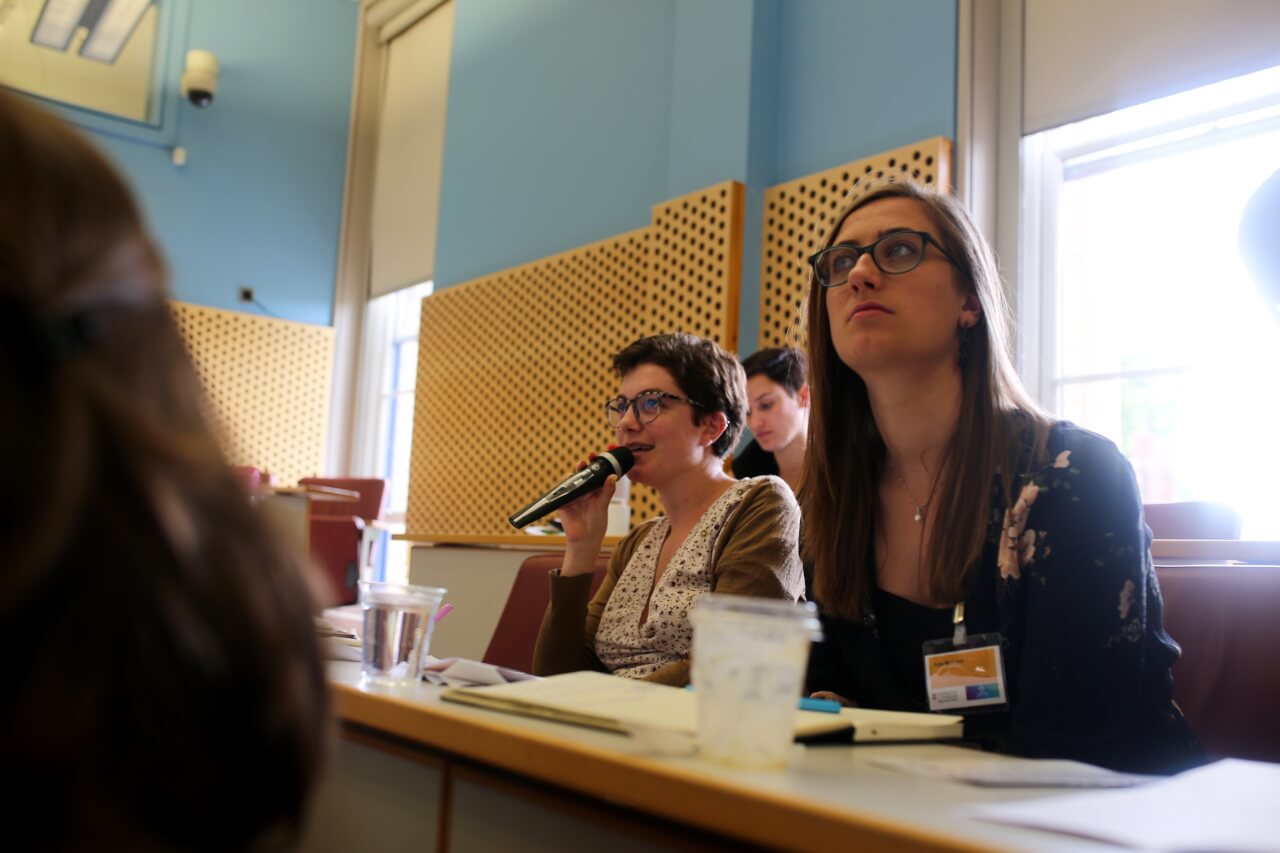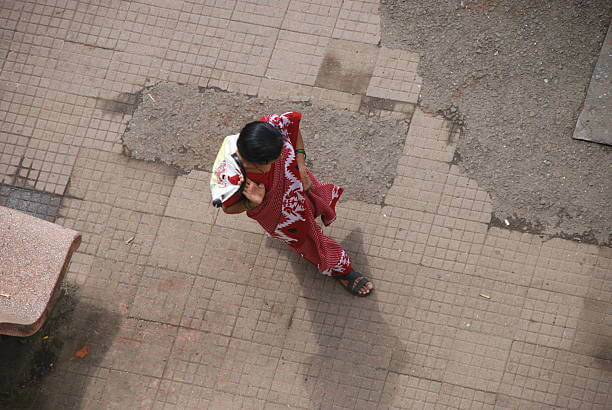
The mental health of women living in poverty is a growing public health concern. In economically developing countries like India there is both a large burden of mental illness among women and an acute shortage of services and trained professionals. The majority of women suffering from mental illnesses do not receive the care they need [1]. The Movement for Global Mental Health, launched by academics and activists in 2007, has brought attention to the need to improve mental health services for women in more economically disadvantaged countries. The movement has succeeded in bringing mental health onto the global agenda and should be praised for this achievement. However, it has also been criticized for taking a narrow medical approach to women’s mental health and failing to “highlight or tackle the social conditions that create distress for women” [2].
We live in societies and communities where “health” and “mental health” are not distributed equally. I know this all too well because I grew up in the city of Mumbai in India where close to 50% of the city lives in “slum areas” without access to clean food, water, shelter and all the basic necessities for a dignified life [3]. India is one of the countries with the highest levels of gender inequality and notorious for high rates of crime against women [4]. Women living in poverty in India report significantly more distress, and are more likely to attempt suicide than men [5]. As a social psychologist, these gender differences were striking to me. There is no obvious biological reason for women to suffer more. So I decided to explore this question sociologically as part of my Master’s studies at Cambridge in 2015. I spent six weeks interviewing women across various slum communities in Mumbai. I wanted to understand how they talk about their mental health, what the causes of their distress are, how they cope with stresses in their lives, and what they think researchers, health practitioners and policy makers can do to support them better.
Across discussions, women spoke to me about the “tension” in their lives. Women used the term with such ease that initially I thought they were being slightly flippant and using it in the same way that English speakers might talk about being “stressed” by anything and everything. I tried hard to understand the social and cultural significance of the word to them. Was it a local way of talking about mental illness? Would tension map onto what in the West might be called depression or anxiety? It finally clicked when during one of my discussions, a respondent remarked poignantly: “Ma’m, a woman’s life is tension”. I realized that the tension these women were speaking about was more than an illness. Instead, they were using the word as a metaphor for the varied and intense social challenges they face in their lives: food insecurity, extreme poverty, domestic violence, sexual abuse, lack of status and humiliationn.
To improve mental health for women in marginalized settings we need to take what they are saying seriously. We need to have more conversations around the social drivers of their distress. I believe that medical efforts alone will be limited in their impacts in these settings without parallel attempts to create structural change and supportive social contexts. Michael Marmot poignantly summarizes this in his book when he says: There is no point treating people if we send them back to the very conditions that made them sick. I hope that the global mental health community will pay greater heed to this statement.
Saloni Atal
PhD Candidate in Psychology, University of Cambridge
[1] https://www.ncbi.nlm.nih.gov/pmc/articles/PMC4991748/
[2] https://journals.sagepub.com/doi/10.1177/1363461512454701
[3] https://www.ncbi.nlm.nih.gov/pubmed/25189736
[4] http://hdr.undp.org/en/data
[5] https://www.ncbi.nlm.nih.gov/pubmed/21037247
